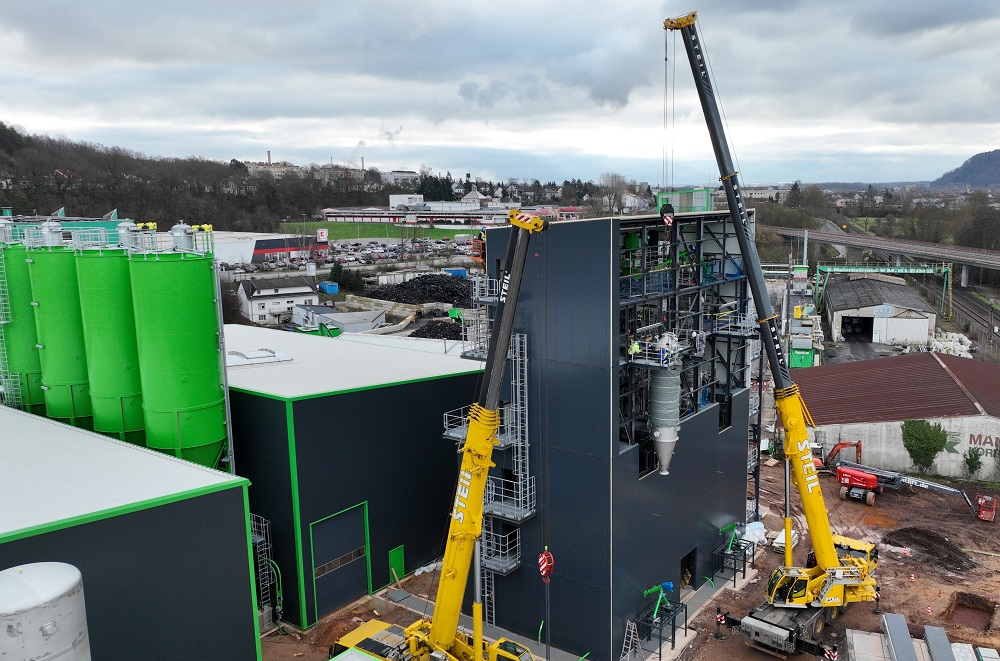In a surprisingly short period, Pyrum Innovations AG has been able to secure an agreement with Homburg City Council, which has unanimously voted to sell city-owned property to Pyrum and, thus, for constructing a new pyrolysis plant.
The contract to secure the land is to be signed soon so that the planning and approval process for Pyrum’s second own plant in Saarland can begin as soon as possible.
Pascal Klein, CEO of Pyrum Innovations AG, said; “There were just two months between our first contact with Mayor Michael Forster in December 2022, which the Saarland Economic Promotion Corporation initiated, the presentation to the parliamentary party leaders in January and the unanimous approval of the city council across all parties. This speed is unique, and we thank the City of Homburg for its great support. We now want to start planning as soon as possible and are confident that the approval process will be as smooth as the expansion in Dillingen, as we are working with the same authorities.”
Michael Forster, Mayor of the City of Homburg, is enthusiastic; “The settlement with Pyrum is also a great gain for the City of Homburg and a logical addition to our business location. With Pyrum’s promising technology, we are building a bridge to a circular economy that ideally enriches our tradition-steeped automotive location with end-of-life tyre recycling. In addition, experience with the plant in Dillingen shows that the citizens of Homburg do not have to expect any noise or harmful pollution.”
Like the Pyrum main plant in Dillingen, the new plant in Homburg will consist of three pyrolysis reactors, with a processing capacity of around 20,000 tonnes of ELT per year once completed. The location offers numerous valuable advantages: In addition to the proximity to the Michelin plant in Homburg – from which Pyrum has already been recycling ELT for three years and with which the cooperation can now be expanded – and to BASF in Ludwigshafen – a strategic partner since autumn 2020 and a buyer of Pyrum’s pyrolysis oil – the site has a railway siding that enables environmentally friendly logistics. In addition, the new plant will free up capacities at the Dillingen plant that can be used for tyre acceptance from Luxembourg without having to build a separate plant in the neighbouring country.


















